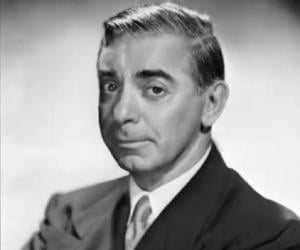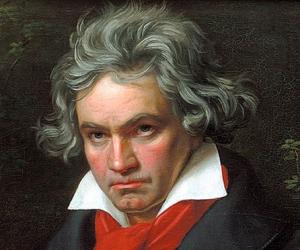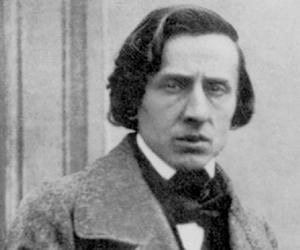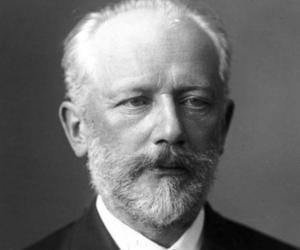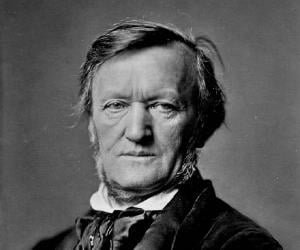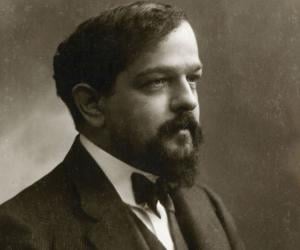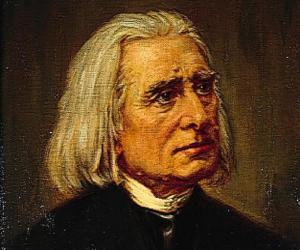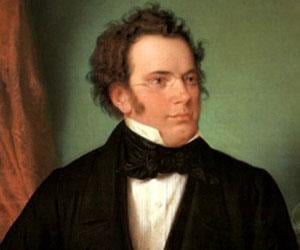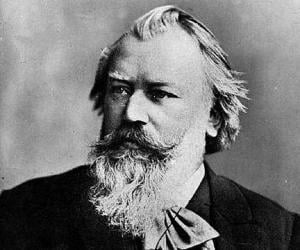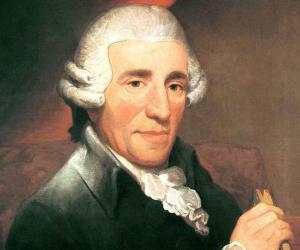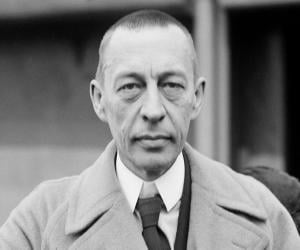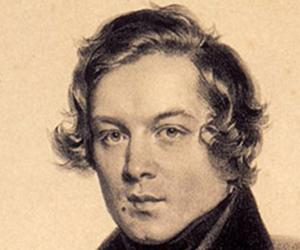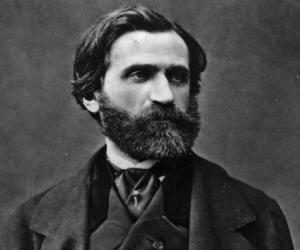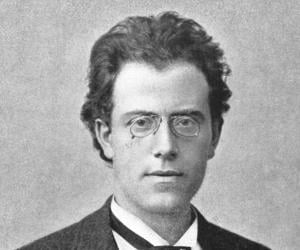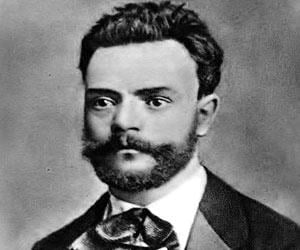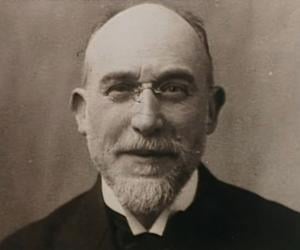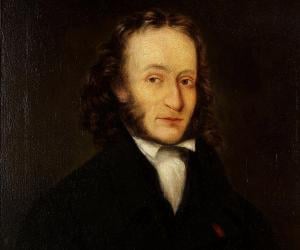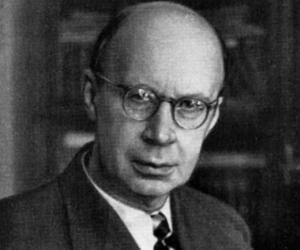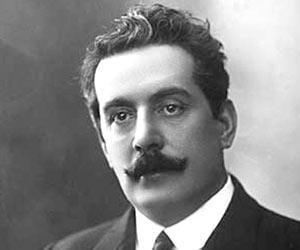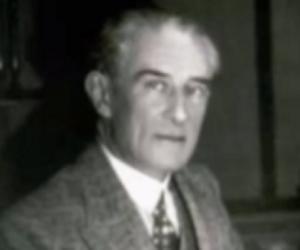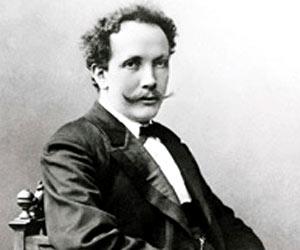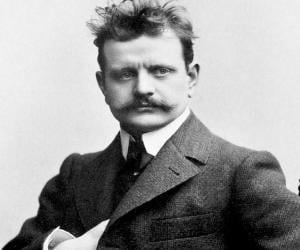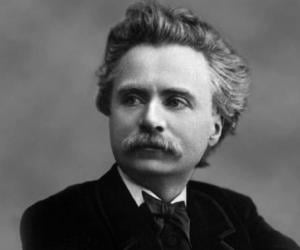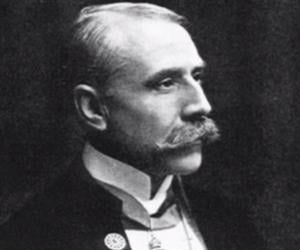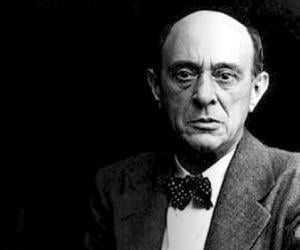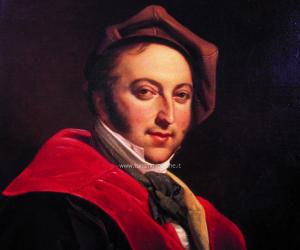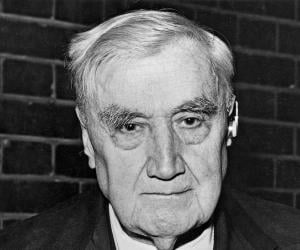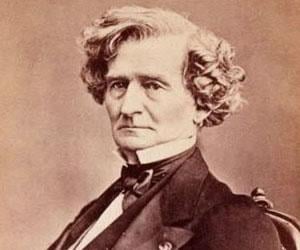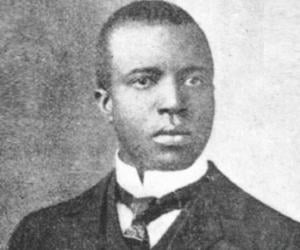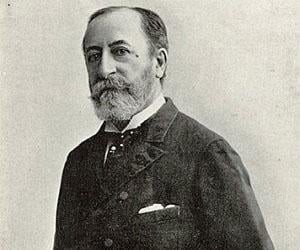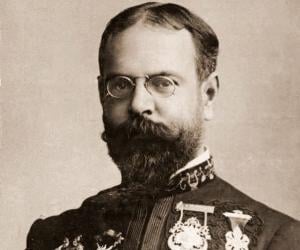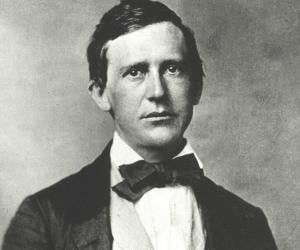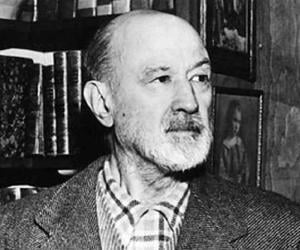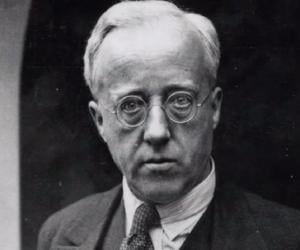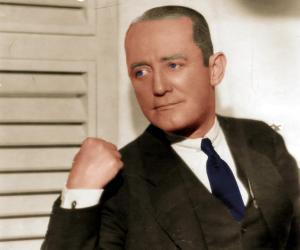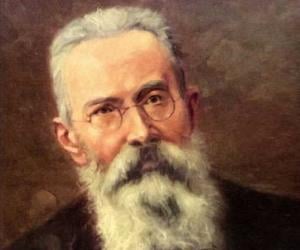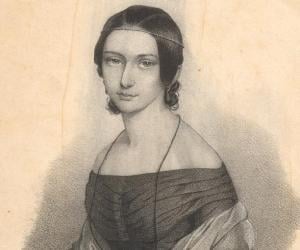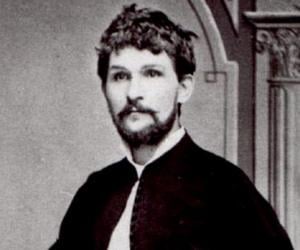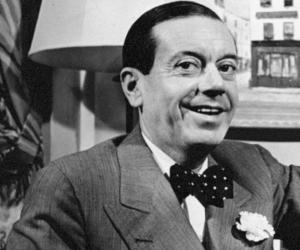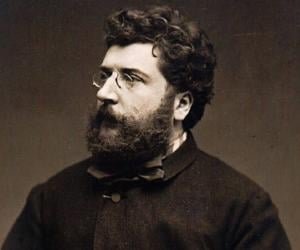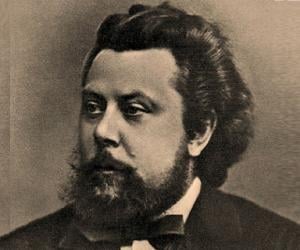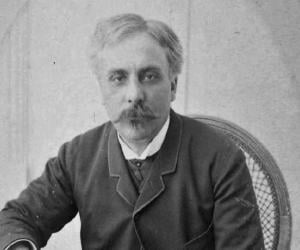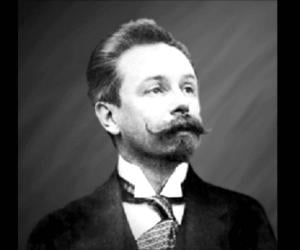German composer and pianist, Ludwig van Beethoven, remains one of the most admired composers in the history of Western music even two centuries after his death. Born into a musical family, he was initially tutored by his father. He found success early as a pianist and went on to become an admired composer despite suffering from hearing-impairment.
Romantic Era virtuoso pianist and composer Frédéric Chopin, nicknamed The Poet of the Piano, is remembered as the inventor of the instrumental ballade. The legendary composer mostly created solo piano masterpieces but also experimented with piano concertos and chamber pieces. He was influenced by Bach, Mozart, and Polish folk music.
Pyotr Ilyich Tchaikovsky was the first Russian composer to place Russian music on the international stage. Often described as a musician who transcended the stereotypes of classical Russian music, Tchaikovsky is credited with making the Western world take note of Russian music. Although he was criticized by the critics, his popularity among the public never faded.
Claude Debussy was a French composer whose career spanned over 30 years. Regarded as one of the most influential composers of his generation, Claude Debussy's works have influenced several other composers, such as Bill Evans, George Benjamin, Olivier Messiaen, and Béla Bartók. Claude Debussy is also regarded as the first Impressionist composer, though he rejected the term.
Franz Liszt was a Hungarian composer, conductor, arranger, music teacher, and virtuoso pianist of the Romantic era. Considered one of the greatest pianists ever, Liszt's works influenced his contemporaries and successors alike. Perhaps his greatest legacy is his work as a teacher, although his rich body of work might suggest otherwise; he taught people like Karl Klindworth among other pianists.
Austrian composer Franz Peter Schubert was one of the most prominent figures of the Viennese Classical and Romantic periods. He initially performed at the Gesellschaft der Musikfreunde. His compositions include over 600 vocal works and several symphonies, operas, and piano sonatas. One of his most-talked-about works is the Unfinished Symphony.
Joseph Haydn was an Austrian composer who played a key role in the progression of chamber music during the Classical period. He is often referred to as the Father of the String Quartet and Father of the Symphony for his contributions to musical form. Joseph Haydn is also credited with mentoring and tutoring Mozart and Beethoven, respectively.
Sergei Rachmaninoff was a Russian composer, conductor, and virtuoso pianist of the late Romantic period. Credited with exploring the expressive possibilities of the piano, Rachmaninoff's music continues to be featured in films. His four-year struggle with depression, which was followed by the critical failure of his Symphony No. 1, was depicted in the 2015 musical Preludes.
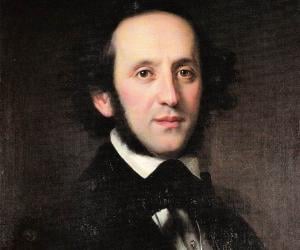
Felix Mendelssohn was a German composer of the early Romantic period. He was also a skilled organist, pianist, and conductor. He composed symphonies, concertos, chamber music, and organ music. His collection of lyrical piano songs Songs Without Words is among his best-known works. He was the founder of the public university The Leipzig Conservatory. He died aged just 38.
Legendary Italian opera composer Giuseppe Verdi is best remembered for his masterpieces such as Requiem, Rigoletto, Falstaff, and Otello. He was also briefly associated with the Risorgimento movement meant to unify Italy and thus composed many choruses reflecting the spirit. He was inspired by composers such as Bellini and Donizetti.
Austro-Bohemian Romantic composer and conductor Gustav Mahler symbolized the transition of 19th-century Austro-German music to early-20th-century modernism. His music was banned during the Nazi era but was rediscovered later. Famous for his Eighth Symphony, he had also been the director of the Hofoper (Vienna Court Opera).
Antonín Dvořák was a Czech composer who achieved worldwide recognition for his works. His life and career inspired the 1980 historical biographical film Concert at the End of Summer, in which Dvořák was played by actor Josef Vinklář. Canadian children's author Ian Krykorka has based many of his works on some of Antonín Dvořák's operas.
Erik Satie was a French pianist and composer. An influential artist during his time, Satie's works served as a predecessor to later artistic movements like repetitive music, minimalism, and the Theatre of the Absurd. Apart from being a musician, Erik Satie was also a prolific writer, who contributed to publications, such as Vanity Fair and 391.
Sergei Prokofiev was a Russian Soviet pianist, composer, and conductor. Renowned for creating masterpieces across various genres, Prokofiev is widely considered one of the 20th century's major composers. Many other composers like Arthur Honegger have called Prokofiev the greatest contemporary musician of all time. An open pianists' competition, which is held every year in Ukraine, is named after Sergei Prokofiev.
Born into a musical dynasty, composer Giacomo Puccini lost his father at age 5. Some of his best opera pieces include Madama Butterfly and La Bohème. The suicide of his maid, who was wrongly accused by his wife of being in an affair with him, affected his later career adversely.
Richard Georg Strauss was a German conductor, composer, violinist, and pianist. Renowned for his pioneering subtleties of orchestration, Strauss is generally regarded as a modernist, although he was initially considered a conservative, backwards-looking composer. Over the years, his music has influenced other prominent composers like Béla Viktor János Bartók, Karol Maciej Szymanowski, Edward Elgar, and Benjamin Britten.
Jean Sibelius was a Finnish violinist and composer. Widely regarded as Finland's greatest composer, Sibelius' music is credited with having kindled nationalism in Finland during the country's struggle for independence from Russia. His work has inspired other important composers like Douglas Lilburn. The International Jean Sibelius Violin Competition, which is held every five years, is named after him.
Gioachino Rossini was an Italian composer best remembered for composing 39 operas before retiring at the peak of his popularity when he was still in his 30s. Such is his influence on modern-day virtuosi that many of them have created piano fantasies or transcriptions based on Gioachino Rossini's melodies.
Hector Berlioz was a French Romantic conductor and composer who was highly regarded in places like Russia, Britain, and Germany. Although he did not achieve fame as a composer, Berlioz became renowned internationally for his skills as a conductor. He also wrote musical journalism, which includes his influential work, Treatise on Instrumentation.
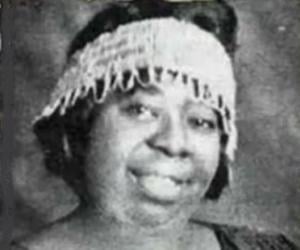
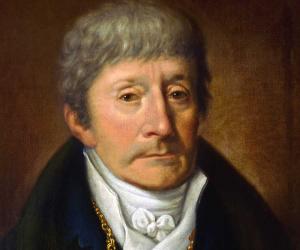
Antonio Salieri was an Italian classical composer, conductor, and teacher considered a key figure in the development of late 18th-century opera. He was a protégé of eminent composer Christoph Willibald Gluck. For several years, he served as the director of the Italian opera by the Habsburg court. His works were performed widely across Europe during his lifetime.
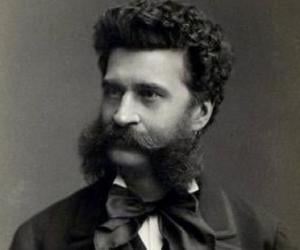
Johann Strauss II, also known as The Waltz King, was initially pushed by his composer father Johann Strauss I to become a banker, while he learned the violin secretly and conducted a restaurant band. Best remembered for his iconic composition The Blue Danube, he redefined the 19th-century waltzes and operettas.
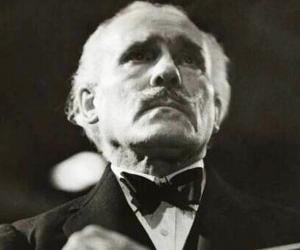
While he grew up listening to Russian folk songs and church music, Nikolai Rimsky-Korsakov later joined the navy with his brother. One of the legendary Russian composers known as The Mighty Handful, he is remembered for his pieces such as Flight of the Bumblebee from the opera Tsar Saltan.
Clara Wieck Schumann was a German pianist, teacher, and composer. One of the most famous pianists of the Romantic era, Schumann changed the way concerts were conducted during her time and made a long-lasting impression as a pianist. She also influenced other pianists through her teaching; among her students were famous English pianist, Mathilde Verne.
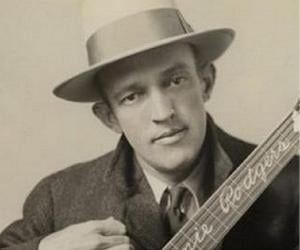
Leos Janacek was a Czech composer, musical theorist, folklorist, and teacher. He is credited to have created an original, modern musical style inspired by Moravian and other Slavic folk music. He was deeply influenced by folklore and by the works of his contemporary and friend, Antonín Dvořák. The Janáček Philharmonic Orchestra is named in his honor.

Georges Bizet was a French composer whose career was cut short by his untimely demise at the age of 36. Since his death in 1875, Bizet's final work Carmen has become one of the most frequently performed works in the opera repertoire. Although he couldn’t achieve success during his lifetime, Bizet's death is considered a loss to French musical theatre.
Modest Mussorgsky was a Russian composer best remembered for being part of a renowned 19th-century Russian composers group known as The Five. An innovator of Russian music, Mussorgsky worked towards achieving a Russian musical identity that challenged the already established Western music, which was generally considered conventional at that time.
One of the greatest composers of all time, French pianist and organist Gabriel Fauré is best remembered for his masterpieces such as Requiem. His music career began at 9, when he was sent to Paris to become a choirmaster. At 75, he was awarded the Grand-Croix of the Légion d'honneur.
Russian composer and pianist Aleksandr Scriabin is considered one of the most innovative and controversial of early modern composers. Interested in music from an early age, he built pianos as a young man and didn’t take long to establish himself as a brilliant composer. Unfortunately, he died at the height of his career, at the age of just 43.
